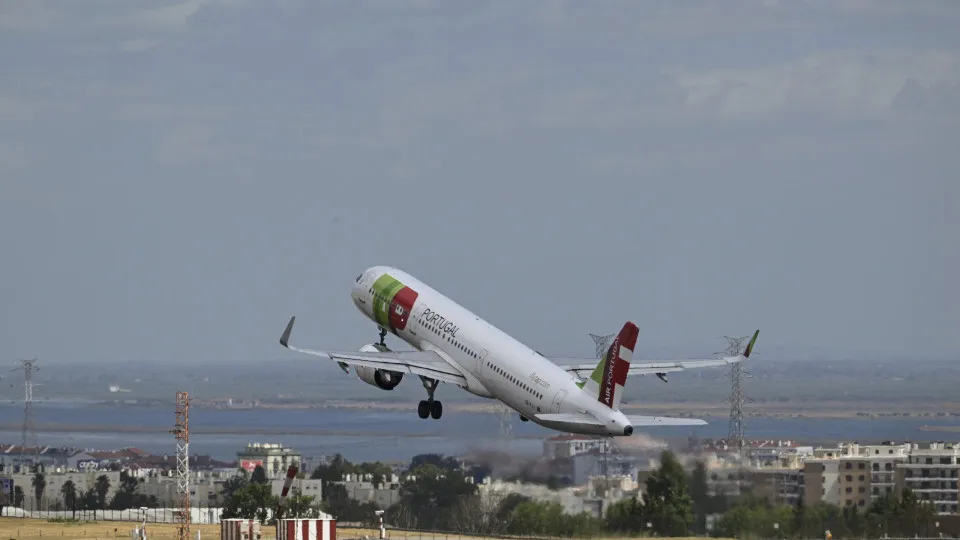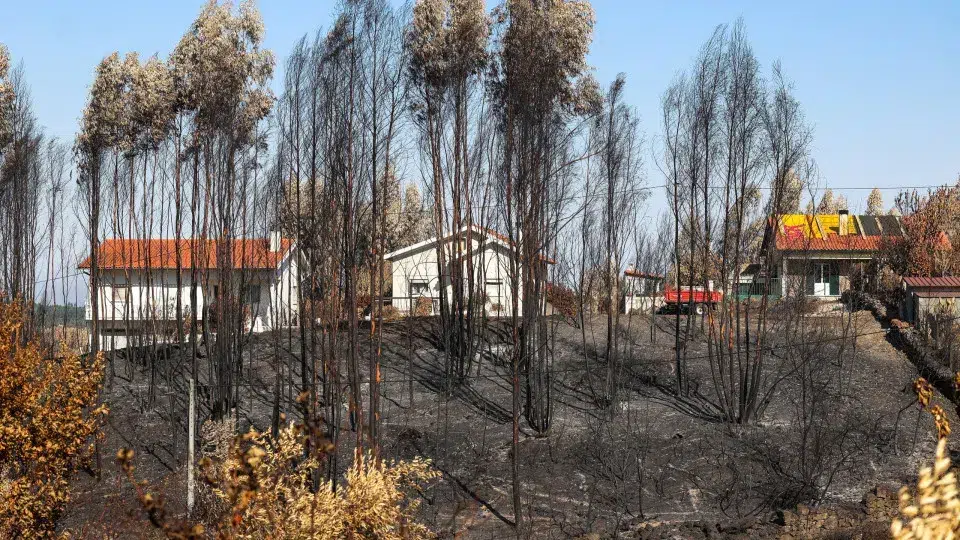
“The public school system is dividing into two distinct realities,” the Missão Escola Pública emphasized today after analyzing how schools are attempting to address the teacher shortage by reviewing data from the 3rd Recruitment Reserve (RR) and the School Offers of September 12.
“In the North, students have classes taught by professional and experienced teachers appointed through the national competition. In the South, most timetables find no applicants and are eventually filled through school hiring with personnel lacking teaching qualifications or any experience,” concluded the teachers’ and students’ movement after a study conducted in collaboration with mathematics professor Davide Martins.
For Missão Escola Pública, “the quality of education inevitably begins to be questioned,” considering that in the 3rd RR, 1,884 teachers were placed: 432 career teachers and 1,452 contracted teachers.
Nevertheless, the shortage of teachers in Mathematics, Portuguese, and Biology/Geology remains unresolved as “no one was placed south of the Tagus River.”
While the 3rd RR was ongoing, timetables were also available through School Offers, with 1,417 empty schedules corresponding to “about 8,190 classes without lectures and 163,807 students without a teacher,” according to the calculations released by the movement today.
Meanwhile, the National Federation of Teachers (Fenprof) provided new estimates based on the recently published 4th RR: About 100,000 students are without classes, half of whom are in the 1st cycle, according to Fenprof’s calculations.
Missão Escola Pública argues that the issue of students without classes “cannot be resolved with faster lists,” referring to the Education Minister’s announcement to reduce the recruitment reserve interval from one week to three days.
Missão Escola Pública urges the Education Minister to disclose the number of contracts made with non-qualified personnel and specify which recruitment groups and geographical areas they are being placed in.
“Only then will it be possible to evaluate the true extent of inequality and act,” it stated, highlighting that the issue is already known to be situated in the Lisbon and Setúbal Peninsula regions as well as in the Algarve.
“The public network is dividing between schools with professionalized teachers and stopgap schools. This reality severely compromises equity in access to education, turning the place of birth and study into a determining factor of the quality of education one is entitled to,” it warned.
The Ministry of Education created the “More Classes More Success” package to try to solve the problem of students without classes, but the unions consider the measures insufficient.
“Teachers do not appear spontaneously and, despite some insignificant contributions, this problem is not heading towards a true resolution with small emergency measures. Measures such as the facilitation of placements, the return of 90 teachers to teaching who were in administrative functions, or others of little efficacy listed in successive More Classes More Success plans do not overcome the structural problem of teacher scarcity,” stated Fenprof.




